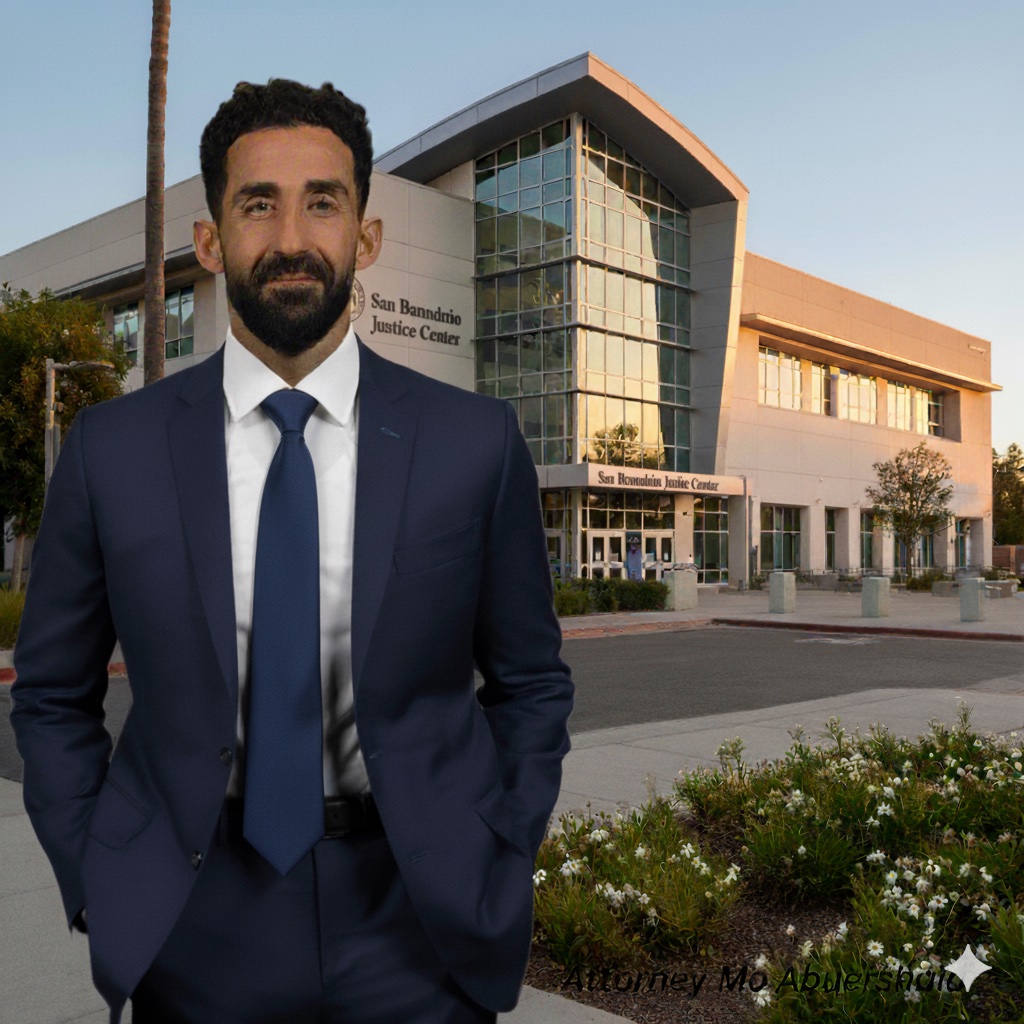- Free Consultation: (866) 811-4255 Tap Here To Call Us
How a CPS Lawyer Can Help in Los Angeles County: The Complete Guide


When the Los Angeles County Department of Children and Family Services (DCFS) becomes involved in your family’s life, the stakes are incredibly high. Parents may face losing custody, supervised visitation, or even the permanent termination of parental rights.
In Los Angeles County, CPS (DCFS) cases are handled at the Edmund D. Edelman Children’s Court in Monterey Park. This specialized courthouse hears all dependency matters, and its judges, social workers, and attorneys deal exclusively with child welfare cases and CPS defense cases.
This guide is the most comprehensive resource for parents in Los Angeles County, explaining the CPS process in 12 stages, answering urgent questions, and showing how a Los Angeles CPS lawyer can defend your parental rights.
Why Parents Need a CPS Lawyer in Los Angeles
- Dependency law expertise: CPS cases are governed by the California Welfare and Institutions Code §§ 300–399, requiring specialized legal knowledge.
- Local experience at Edelman Children’s Court: With hundreds of dependency cases filed every week, an attorney familiar with Edelman’s judges and procedures has a strategic advantage.
- Protection of rights: Parents have constitutional rights to due process and family association. A lawyer ensures DCFS follows proper procedures.
- Defense strategy: From detention hearings to appeals, a CPS lawyer builds a case plan tailored to your family.
The CPS Process in Los Angeles County: 12 Stages
Each stage includes what happens, what to expect, and how a Los Angeles CPS lawyer helps.
1. DCFS Report Filed
What happens: A hotline referral is made alleging neglect or abuse.
What to expect: Even unfounded reports trigger DCFS investigations.
How a lawyer helps: Advises parents before they speak to DCFS and ensures their rights are protected.
2. DCFS Investigation
What happens: A social worker may visit your home, interview children, and collect records.
What to expect: Unannounced visits are common.
How a lawyer helps: Prevents illegal searches and ensures interviews comply with the law.
3. Emergency Removal
What happens: DCFS may remove children if they believe they are in immediate danger.
What to expect: Children may be placed in foster care or with relatives.
How a lawyer helps: Pushes for relative placement and immediate visitation.
4. Detention Hearing (Within 48 Hours) at Edelman Children’s Court
What happens: A judge decides if children will stay in DCFS custody.
What to expect: The detention hearing sets the tone for the case.
How a lawyer helps: Argues for the child’s return, challenges DCFS evidence, and establishes visitation rights.
5. Jurisdiction Hearing
What happens: The court decides whether allegations under Welf. & Inst. Code § 300 are true.
What to expect: DCFS must prove allegations by a preponderance of the evidence.
How a lawyer helps: Cross-examines social workers, disputes reports, and presents favorable evidence.
6. Disposition Hearing
What happens: If allegations are sustained, the judge orders services and placement.
What to expect: Parents may be required to complete therapy, parenting classes, or treatment programs.
How a lawyer helps: Ensures the case plan is fair and geared toward reunification.
7. Six-Month Review
What happens: The court reviews parental progress.
What to expect: DCFS reports often influence decisions.
How a lawyer helps: Corrects inaccuracies and advocates for reunification.
8. Twelve-Month Review
What happens: The court again reviews progress.
What to expect: DCFS may recommend ending reunification services.
How a lawyer helps: Presents evidence of improvement and argues for more time.
9. Eighteen-Month Review
What happens: Usually the last chance for reunification.
What to expect: If progress is insufficient, DCFS seeks permanency planning.
How a lawyer helps: Argues for custody return or extended services.
10. Permanency Planning Hearing (§ 366.26) at Edelman Court
What happens: The court considers adoption, guardianship, or long-term foster care.
What to expect: Parental rights may be terminated.
How a lawyer helps: Protects parental bonds and argues for alternatives to termination.
11. Appeals and Writs
What happens: Parents may challenge court rulings.
What to expect: Appeals are time-sensitive and must be filed quickly.
How a lawyer helps: Files appeals or writs to correct legal errors.
12. Post-Case Advocacy
What happens: Even after closure, disputes may arise over visitation, guardianship, or DCFS conduct.
What to expect: Parents may still need representation.
How a lawyer helps: Files § 388 petitions, enforces orders, or pursues civil rights claims.
The Role of Edelman Children’s Court in Los Angeles
The Edmund D. Edelman Children’s Court, located in Monterey Park, is unique in California. It was built specifically for juvenile dependency cases and hears thousands of DCFS matters every year.
- Specialized Judges: Every judge at Edelman is trained in dependency law.
- Confidential Proceedings: Hearings are closed to the public to protect families’ privacy.
- High Caseload: The sheer number of cases means parents need lawyers who can move quickly and efficiently.
- Local Strategy: Attorneys familiar with Edelman know how different courtrooms handle DCFS petitions, giving them an edge in defending parents.
10 FAQs About CPS in Los Angeles
1. Can DCFS enter my Los Angeles home without a warrant?
Only if they believe a child is in immediate danger. Otherwise, they need consent or a warrant.
2. Where are CPS cases heard in Los Angeles?
At the Edmund D. Edelman Children’s Court in Monterey Park.
3. How soon after removal will I see my child?
A detention hearing must be held within two court days.
4. Can I request my child be placed with relatives?
Yes, California law favors relative placement over foster care.
5. What services can the court order?
Parenting classes, therapy, domestic violence counseling, or substance abuse treatment.
6. How long do I have to reunify with my child?
Generally six, twelve, or eighteen months, depending on progress.
7. Can DCFS terminate my parental rights?
Yes, at the permanency planning hearing under Welf. & Inst. Code § 366.26.
8. What happens if I miss a hearing at Edelman Court?
The court may proceed without you and make binding decisions.
9. Can I appeal a DCFS ruling?
Yes, but appeals are time-sensitive. A lawyer must act quickly.
10. What makes Los Angeles CPS cases unique?
DCFS is the largest child welfare agency in the U.S., and Edelman Court handles more dependency cases than any courthouse in California.
Los Angeles County CPS Resources
- Los Angeles County Department of Children and Family Services (DCFS) – Child abuse hotline and services
- Edmund D. Edelman Children’s Court – 201 Centre Plaza Drive, Monterey Park, CA
- County-Approved Programs – Parenting classes, therapy providers, and substance treatment programs accepted by DCFS
Conclusion: Protecting Families in Los Angeles
A Los Angeles CPS lawyer is your lifeline when facing DCFS at the Edelman Children’s Court. With specialized knowledge of dependency law and experience in this unique courthouse, an attorney can protect your rights, fight for reunification, and help you navigate one of the most stressful experiences a parent can endure.
Bottom line: In Los Angeles County, where DCFS and Edelman Court handle thousands of cases every year, you need a lawyer who knows the system and can fight for your family from day one.













